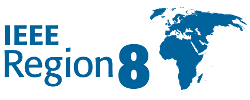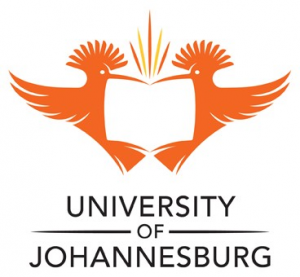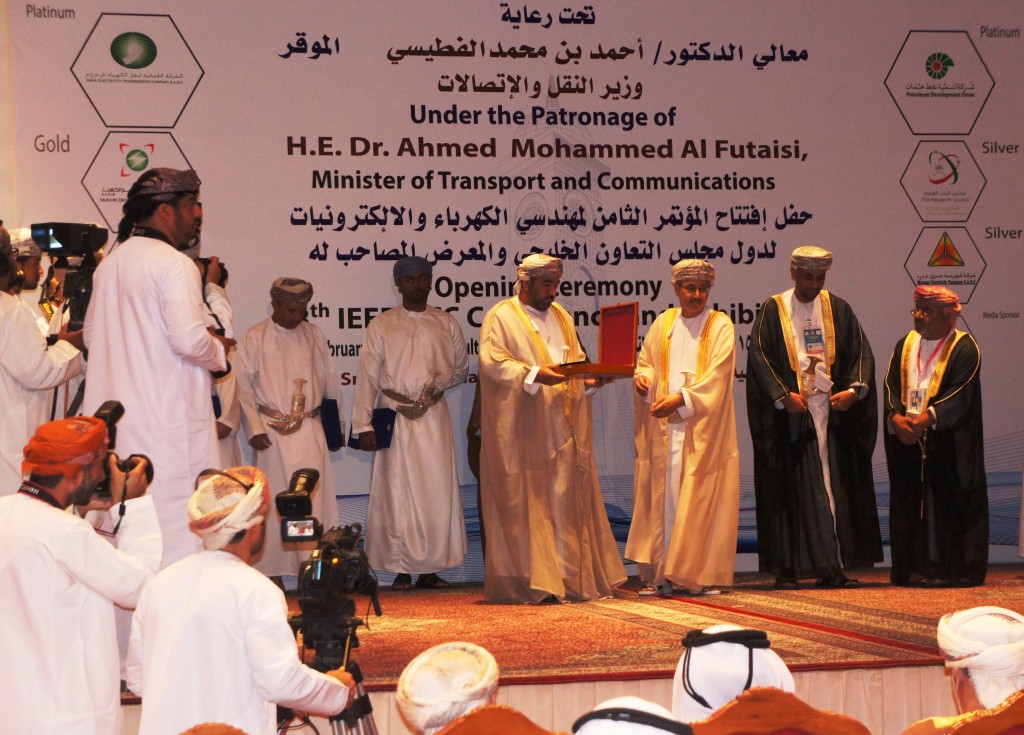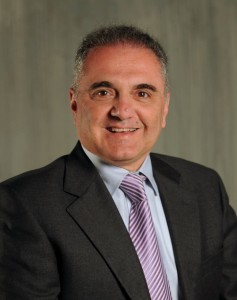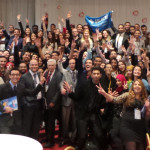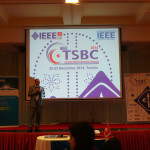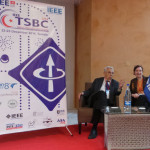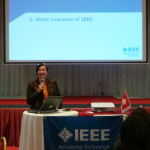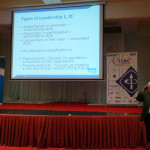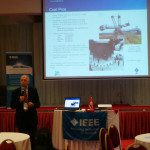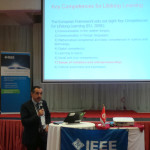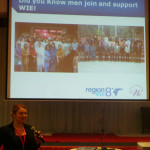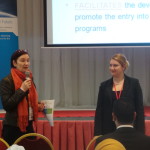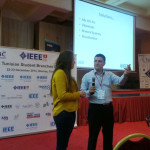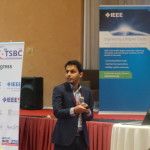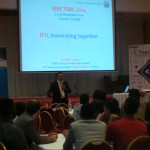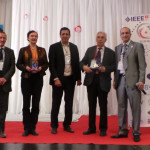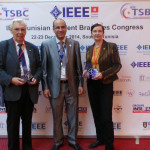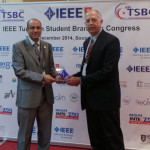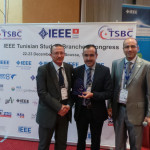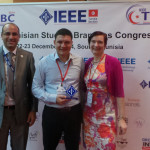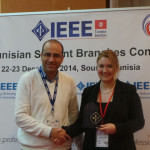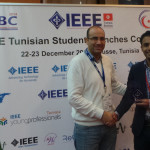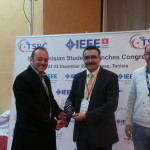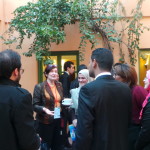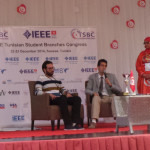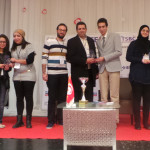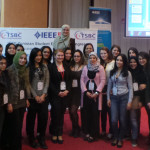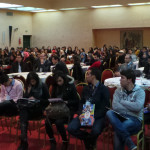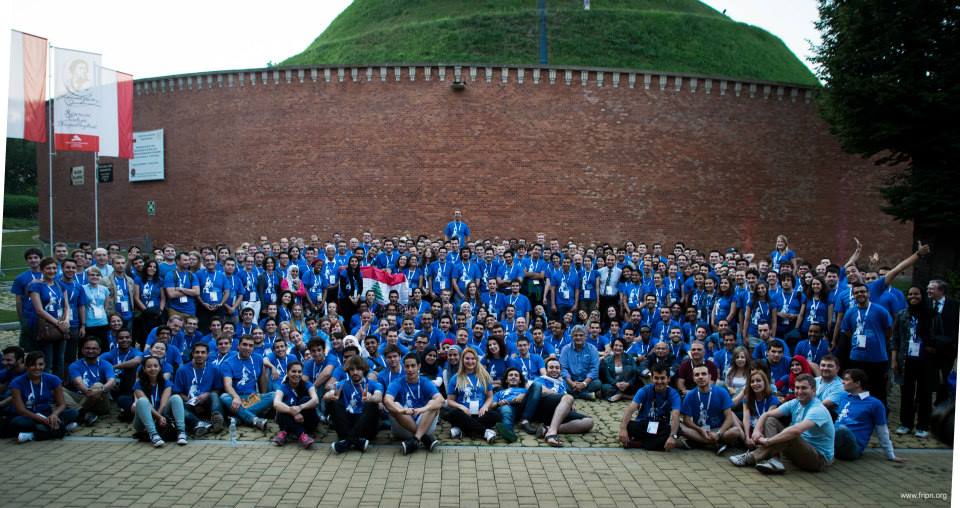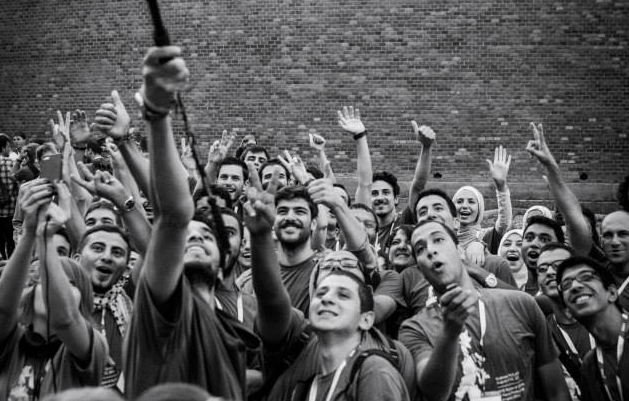Faltering economies and mismatches in the different regulatory environment of European countries haven’t slowed the demand for technical talent across Europe. But it has made filling available slots for engineers more challenging.
In January, EngineeringUK, an independent organization that works with industry and government to promote engineering, called for more action to train and retain engineers, predicting a potential economic boost to the British economy if the demand for new engineering jobs was filled. According to the organization’s report, Engineering 2015 — The State of Engineering, there is a current annual shortfall of 55,000 engineers in the United Kingdom. “ Britain is great at engineering, but this will not continue if we don’t address the massive shortage of skills,” says Miranda Davies, director of emerging talent at Thales, the aerospace and defense company. One of the recommendations in the report: a provision for “ careers inspiration” in engineering and related technical fields for all 11 to 14 year olds, with an opportunity for every child in that age bracket to have at least one engineering experience with an employer.
THE SKILLS ISSUE
Increasingly, companies are partnering with universities to help train and to recruit engineering talent. In January, ARM joined with the University College London (UCL) to launch a new education kit aimed at developing students’ Internet of Things (IoT) technical skills. The aim is to encourage more graduates to stay in engineering and related fields . “ Many students are not following through to an engineering career and that is a real risk to our long term success as a nation of innovators,” says Professor Izzat Darwazeh, head of communications and information systems at UCL Engineering Sciences. The course is designed to get students interested in starting their own IoT business or join companies such as ARM. ARM has also expanded its technical training portfolio to include live courses that can be remotely-delivered in any location, in response to company and individual requirements. The program provides for remote training for classes of two engineers or more with workshop durations ranging from two hours to two days.
ARM, meanwhile, has posted jobs for several graduate hardware engineers with backgrounds in design and verification and computer subsystems, as well as interns focusing on software development, and IoT web and test services.
The United Kingdom isn’ t unique in its recruiting effort. Foreign companies with facilities in Europe have become more aggressive in their quest to find and hire local and regional engineering talent. WORKgateways, a website that lists engineering jobs in the United Kingdom and provides advice to job applicants, says the current demand for engineers in many specializations from overseas with a work visa or British or European Union passport is strong and increasing. “ The challenge is to uncover the opportunities that best match your experience relatively quickly.”
But matching needed skill sets with requirements hasn’t been easy. While the job outlook overall is strong in Europe for engineers and other technical professionals, Qreer.com, a European job board, says specialists can struggle to find a job that matches their skill sets in their home countries. Fortunately, says Qreer, engineers across Europe are becoming more mobile and open to relocating to advance their careers.
MOST JOB OPENINGS: GERMANY
Germany continues to be the hot spot in Europe in terms of job openings for electrical engineers (EEs) and related technical professionals. Tina Lackmann, a consultant with the Association of German Engineers (VDI), says the organization’s latest reports (third quarter 2014) indicate there are 12,070 vacancies for EEs in Germany. “ That equates on average to three vacancies per unemployed EE,” she says. Germany has the highest number of employed engineers and the second highest share of engineers among all employees in the European Union . “ With an unemployment rate of 2.3 percent, the job outlook for EEs remains good at a level of full employment,” says Lackmann. Most of the job vacancies for EEs are in the Hamburg and Stuttgart areas, but shortages also exist in Berlin and Munich, forcing a relaxation of work permit requirements in these areas.
Several European countries have loosened their immigration policies as their requirements for technical skills increase. Sweden is well known across Europe for its progressive immigration policies that make it easier for foreign engineers to become permanent residents in Sweden. Germany also last year launched a campaign called Make-it-in-Germany to make the country more attractive to engineers and other skilled workers.
While foreign engineers are very welcome in Germany, many companies require a certain level of proficiency in the German language. As a general rule, the bigger the company (the most likely to be doing more business internationally), less knowledge of German is required. Infineon Technologies is an example of – companies posting jobs for engineers in Germany; the company recently listed 154 openings for EEs.
DG Research and Innovation, a report published by the European Commission at the end of 2014, highlights the gender gap in Europe and advocates for recruiting more women into careers in technology. “ The implications of gender imbalance in the research profession are highly relevant for the European economy,” the report states. The report estimates that the European Union will need to create at least one million new research jobs if it is to reach the R&D expenditure target of three percent of its Gross Domestic Product . The report says, “ The correction of the remaining gender imbalances is a key factor for the success of a European Research Area ,” a program organized by EU member states, the European Commission, and several research organizations. Its goals are to create more effective national research systems, boost transnational cooperation and competition, increase gender equality, share technical and scientific knowledge, strengthen international relationships, and create an open labor market for researchers. Germany was the first EU country to adopt an ERA strategy in July 2014. The program is being closely followed by the European Federation of National Engineering Associations.
APPLE IN EUROPE
Apple, meanwhile, says it plans to invest US $1.9 billion to build two data centers —one in Ireland, and the other in Denmark— to power Apple’s online services, including its iTunes Store, AppStore, iMessage, Maps, and its Siri smartphone voice-command software. Apple says it already directly employs 18,300 people across 19 countries in Europe, but it hasn’t shared its plans for staffing the new data centers, which it plans to activate by 2017.
United Kingdom-based Cambridge Consultants, which designs products for other companies, has opened a new wireless design and development facilities at its Cambridge Science Park headquarters and recruited 90 people in the United Kingdom in 2014 to staff the facility. Cambridge Consultant’ s global workforce numbered 450 at the end of 2014. Alan Richardson, Cambridge Consultant’ s CEO, says he expects equally strong recruitment plans in 2015, including about 40 additional wireless technology job opportunities. “ I set a growth agenda with the aim of doubling the size of Cambridge Consultants by the end of 2016,” said Richardson.
Google always has openings across its several locations in Europe, mostly for software engineers in Dublin, its European technical hub, and London (the location of another major Google facility), but also Munich, Zurich, and Warsaw, where its recruiting emphasis has been on engineers with a background in information security.
ZTE and its Chinese rival Huawei Technologies Co. are also recruiting heavily in Europe. ZTE says it plans to double its R&D staff working on 5G to 1,600 people at its facilities in Europe, the United States, and China. Huawei has already announced plans to double its R&D staff in Europe in the next three years and to invest $7.6 million in the United Kingdom -based University of Surrey’ s 5G Innovation Centre as part of a $600 million investment in 5G R&D through 2018. The university will develop proof of concepts, validate standards, and test vendor interoperability as part of its contribution to Huawei’ s R&D program.
Kionix, Inc., a MEMS manufacturer, with its parent company, ROHM Semiconductor, is opening a new software development center in Oulu, Finland, to reinforce their sensor software and development activities. “ We see the formation of this R&D center not only as a synergistic initiative, but most opportunistic to take advantage of the existing engineering talent in the area,” said Nader Sadrzadeh, president and CEO of Kionix.
Keysight Europe, a unit of Keysight Technologies, Inc. (formerly the Agilent Technologies Measurement Group), filled 240 jobs in 2014, 70 of them degreed technical positions. The rest were interns and non-degreed technical positions. Most of the technical hires were for customer-facing positions, such as sales, application engineering and field engineering that require electrical engineering expertise.
A Keysight Europe human resources official says, “ We also hired a number of R&D engineers, particularly in the U.K., Germany, Belgium, and Spain. We don’ t see our needs decreasing in customer-facing or R&D. However, we do expect to see a shift in required expertise from hardware to software and firmware. Specific skill sets Keysight seeks include digital signal processing , FPGA, and LTE.”
General Electric also has posted hundreds of engineering jobs in Europe, representing a variety of skill sets, at least 60 of them in Budapest, but also in Ózd, Fót, and other Hungarian cities.
SOME LAYOFFS
IBM earlier this year denied industry rumors that it planned to cut several thousand jobs (the company cut 3,000 positions worldwide in 2013), but said it hired 45,000 new positions in 2014. I n what it called a planned $600 million “ workforce rebalancing,” IBM suggested additional layoffs were likely, but that it anticipated 15,000 job openings in areas that include mobility, cloud, analytics, and social media. IBM also announced the opening of a new services center in Leicester, United Kingdom, that will create up to 300 new IT positions over the next three years. “ This investment in job creation aims to inspire the next-generation workforce from local technical colleges and universities who will deliver the technology skills needed to drive business innovation in the U.K.,” said David Stokes, chief executive, IBM U.K. and Ireland.
Cisco Systems has a similar story. Cisco says it has realigned 40 percent of its employees as part of its changing priorities, mainly reflecting Cisco’s growing interest in Internet related programs. Cisco says the Internet of Everything, as the company refers to IoT, will accelerate the need for skilled talent, particularly in application development and new social innovation. “ In Europe, we know that the demand for ICT workers is outstripping supply,” says David Bevilacqua, Cisco’s vice president South Region, Cisco EMEAR. Speaking at Cisco’s Net/Academy Day, Bevilacqua said, “ We recognized that the Internet of Everything will create further demand for higher-paying, skilled jobs and we are creating a specific curriculum that addresses these opportunities.” Cisco cut 6,000 employees, but it has added about 6,000 employees. The engineering staff was affected in the layoffs, but Cisco offered no numbers.
Qualcomm also has announced plans to lay off about 600 employees globally as it focuses on specific projects and programs that reflect its changing priorities.
Siemens said in February that it planned to cut 7,800 jobs, mainly eliminating layers of management, with about 3,000 of the job cuts in Germany. Echoing IBM and Cisco, Siemens said that despite the layoffs, its staffing levels will remain stable worldwide.
Ericsson plans to reduce its headcount worldwide during 2015 as part of a cost savings program, indicating in March that 2,200 positions in Sweden, mainly in research and development and supply, will be hardest hit by job reductions.
Texas Instruments has listed only a few openings in Europe —for hardware, embedded software engineers and design engineers in Oslo, Norway, and Grebnock, United Kingdom.
The European Space Agency (ESA) will conduct job fairs at universities this year in Belgium, Germany, Norway, Poland, Sweden, and Switzerland. ESA’ s Advanced Concepts Team runs a continuous recruitment process for research fellows who work at the ESA for two years. Openings are available at several locations, including the European Space Operation s Centre, the European Space Research and Technology Centre, and the European Astronaut Centre.
Is it difficult for industry companies to meet their specific hiring requirements? It is, according to a Keysight Europe HR official. “ Many of the skills we seek … are niche and are hard to come by, particularly in southern Spain and Belgium where these skill sets are relatively rare. Hiring for customer-facing positions in Germany and Russia is made more difficult by fierce competition.” Still, Keysight tries to hire locally.
A recently published report on job opportunities for future engineers by Kelly Services, the recruitment firm, suggests that the global shortage of engineering talent is becoming more acute and that companies are increasingly going to have to complete globally for engineering skill sets. In fact, Kelly believes that European technology companies will increasingly have to compete with the United States, Asia, and other regions of the world for engineers as overseas experience becomes an even greater differentiator of candidates, as will complementary skills such as a second language and a working knowledge of other cultures and work styles. Bottom line, says Kelly: “ It is increasingly likely that current or future employers will be looking further afield for engineering skills —they will be conducting global talent searches” that include Europe.
MORE STARTUPS?
Startups have both helped and possibly hurt meeting engineering staffing goals throughout Europe. Investments by venture capitalists in startups in Europe increased by 19 percent last year, according to London-based Ernst & Young. They’ re overwhelmingly in consumer Internet and IT services. That’ s good for the economy, but they also compete with established technology companies hoping to recruit engineering talent.
About Ron Schneiderman:
Ron Schneiderman is a contributing editor for i3 (It is Innovation) and IEEE Spectrum Online. His most recent book is “Modern Standardization: Case Studies at the Crossroads of Technology, Economics & Politics,” published by John Wiley & Sons.
